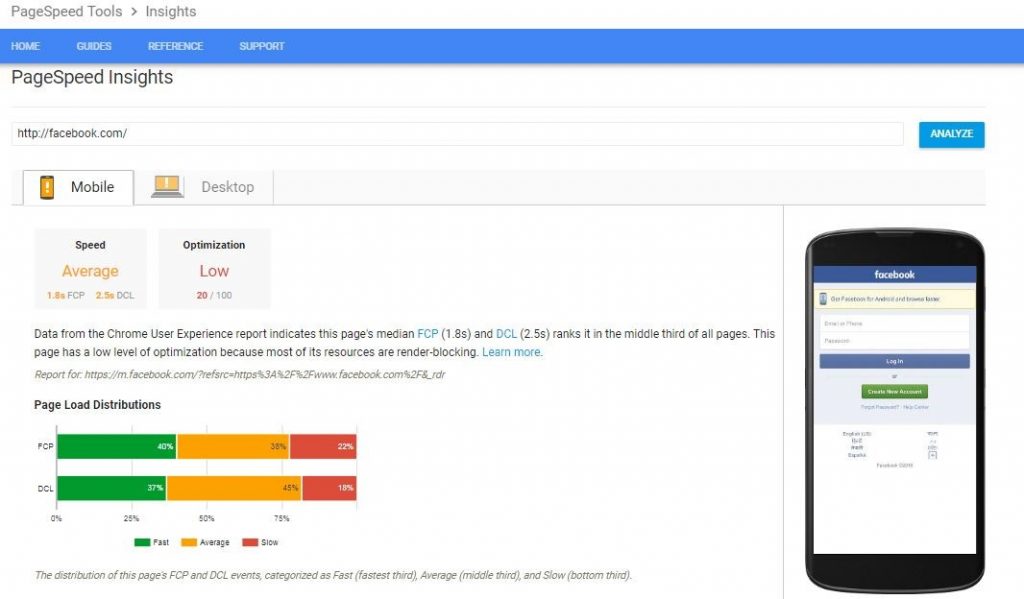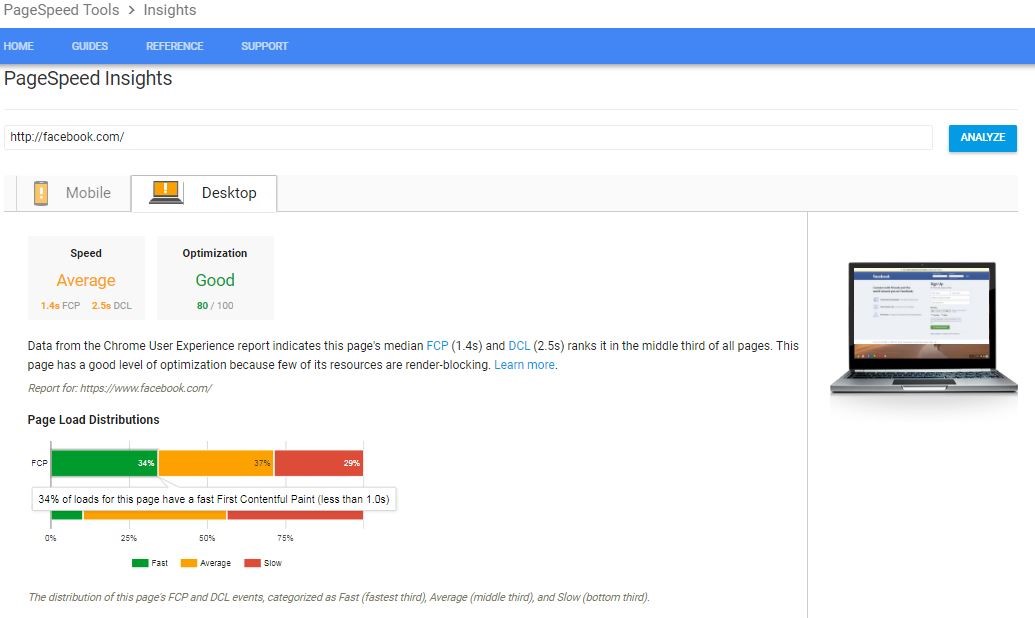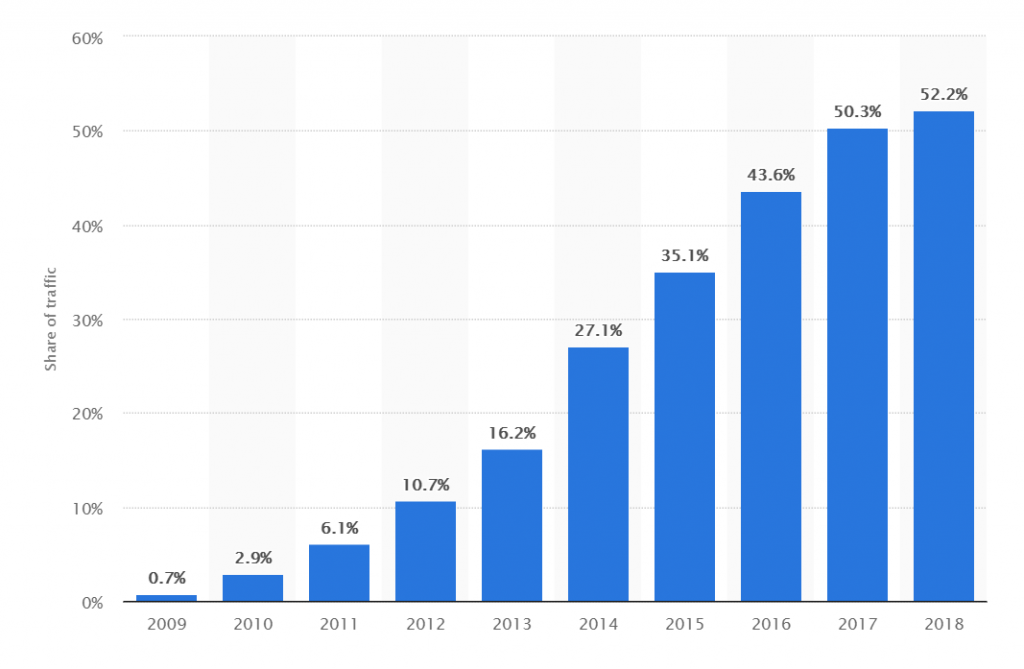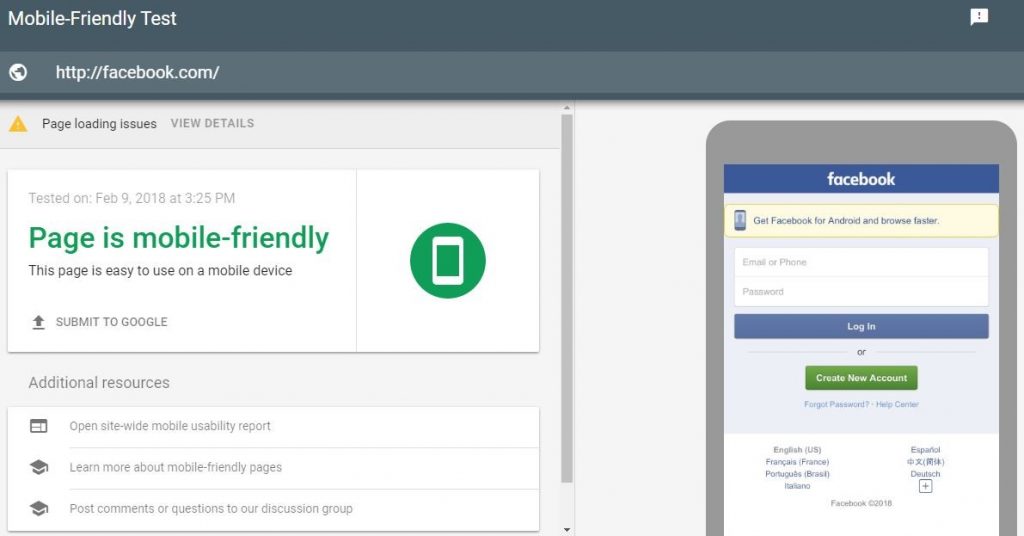
With digital marketing evolving at a rapid pace in recent years, staying ahead of the game has never been more difficult. There is an insane amount of competition in the digital landscape these days. But one thing that hasn’t change is that Search Engine Optimization (SEO) plays a vital role in making sure that you achieve your goals.
Your online marketing needs to be integrated with a strong SEO strategy in order to be truly successful. This requires a continual process of content optimization for SEO and analysis of the performance. However, one of the basic mistakes some marketers make is not leveraging the power of SEO to promote their brands.
Some marketers try to avoid the hard work and use affiliate marketing for quick gains. In fact, a large number of marketers prefer affiliate marketing to SEO as it promises quick money. However, you should know that this should not be the reason for using affiliate marketing in the first place. It cannot be a replacement for SEO. If you truly care about your business, you need to know how your brand ranks in search engines.
Unfortunately, SEO can be a tricky game, and it requires some effort to master. If you’ve recently started focusing on SEO, you might only be seeing minimal improvements. Don’t let that discourage you. SEO is one strategy that can be implemented in weeks, but that takes time to deliver results.
Since SEO is competitive and difficult, any SEO mistakes you make will not only waste your time but also hurt your business. Many brands have found themselves being penalized by Google for not implementing SEO in the right way. Correcting simple SEO mistakes can significantly improve your search rankings.
Here are 6 common Search Engine Optimization (SEO) mistakes that you need to stop right now.
#1. Not Researching and Optimizing for Keywords
Determining your focus keywords should be the first step in creating your SEO strategy. Although it may seem pretty straightforward, many marketers and brands still struggle with it.
 Are YOU struggling with keyword research and optimization? Our ebook and research tool can help.
Are YOU struggling with keyword research and optimization? Our ebook and research tool can help.
When the concept of SEO was fairly new, optimizing your content for keywords used to be quite simple. In order to appear on Google’s radar, companies would create content stuffed with a particular keyword. They would even use them out of context sometimes, simply to push themselves to the first page of Google search.
Although the trick was initially successful in securing good rankings, the success was short-lived. Google soon realized that keyword-stuffed content was providing a really bad experience to their users.
So Google started making changes to its search algorithms. And keyword-stuffing was added to a list of black-hat SEO techniques. With Google now using Latent Semantic Indexing (LSI), stuffing your content with particular words has become pointless, and worse yet, potentially damaging. Forget your ranking. If Google catches you in the act, your page could be banned from the search engine altogether.
So how should we go about optimizing content for keywords in the right way? Start by picking keywords that have low competition but high search volumes. This ensures that a decent number of people search for them, but they aren’t being used by many of your competitors. You can make use of tools like Moz Keyword Explorer, Google Keyword Planner, or KeySearch to find the right keywords.
Make sure to have a mix of:
- Global keywords that describe your products and services to local customers,
- Generic keywords that attract users,
- And broad keywords that trigger your brand’s advertisement whenever someone searches for related words.

Finding the right keywords is a key aspect of SEO. Taking time to research your keywords will help you set your brand apart from your competitors.
#2. Not Having a Fast Site Load Speed
If you haven’t been following the news about ranking factors, you may not be aware of the need for speed. Google has stated multiple times that “site load speed” is one of the major factors they consider for ranking. Moreover, starting in July, it will become a ranking factor in mobile searches.
Think about it. If your website is slow, are visitors going to wait around for it to finish loading? That’s right, most of them won’t. Google doesn’t want to rank those sites because they provide poor user experience. Beyond that, slow site load speed makes your conversions suffer, even if your site does get ranked and gets traffic.
So if you haven’t checked your site’s load speed, now’s the time. There are a number of ways in which you can test your website speed. Google’s PageSpeed tool, for instance can help you track your site’s performance. It also provides a complete report on mobile and desktop load speeds.


#3. Not Considering Optimization for Mobile
Although a common mistake, brands pay dearly for not considering optimization for mobile and handheld devices. Google has introduced mobile-first indexing which is on its way to becoming a dominant part of the Google search algorithm. So if your website isn’t mobile-friendly, you should definitely consider optimizing it for mobile.

With mobile and handheld device users increasing drastically every year, it’s a good idea to optimize your site for mobile. Make sure to create a responsive website design. Not only is it easy to manage, but also one of the best SEO-friendly solutions. You can use Google’s Mobile-Friendly Test to test your website and find out if it needs improvement.

#4. Not Migrating To HTTPS
In the modern digital age, we no longer just browse the internet, we practically live there. With more and more people using the internet every day, safety and security have become major concerns.
Now beyond simply rewarding sites that migrate to HTTPS with better rankings, Google’s own browser extension will be calling out sites that are not on HTTPS. Starting in July 2018, Google will mark all “HTTP” sites as “not secure” in Chrome.
So what exactly is HTTPS? HTTPS or Hypertext Transfer Protocol Secure, is a secure version of HTTP. By adopting HTTPS, you’re providing a 3 layers of protection to your users.
- Authentication: Authentication ensures that your users communicate with the website that they actually intended to communicate with. It protects your users from “man-in-the-middle” attacks. This not only makes sure that your users stay on the intended page but also builds trust among users.
- Encryption: Encryption is the process of keeping your data exchange encrypted and secured from eavesdroppers. This means that your personal information will not be stolen and your activities will not be tracked on the internet.
- Data Integrity: Data integrity prevents any data and information from being corrupted or modified during exchanges and transfers.
The idea behind migrating from HTTP to HTTPS is to make the web a safer place. This ensures that your personal data stays private and is not misused by others.
It is quite rare for Google to actually reveal their website ranking factors. However, when they clearly mention that migrating to or creating HTTPS sites will boost website rankings, website owners should definitely listen.
#5. Not Using Accelerated Mobile Pages (AMP)
Accelerated mobile pages (AMP) are a freeware coding standard created for publishers. The main aim of AMP is to help publishers by making their websites load quickly and efficiently. So how is AMP related to search rankings? With AMP, publishers are able to create content which is optimized for mobile and capable of loading anywhere instantly.
For example, when you search for news on Google, instead of getting search results, you’ll see a carousel of information. Google will highlight relevant stories and news for you. This will be followed by websites that have the AMP tag on them suggesting that they load faster.

This open-source initiative was announced by Google in 2015. The objective of this initiative was to improve mobile site performance, boost speeds, and make searches seamless. Since its launch in 2016, Google places AMP integrated websites in special positions in search results.
Google currently provides two major benefits to websites that are using AMP. Pages using AMP have the “AMP” label on them which indicates that the particular site operates faster compared to others. Google also boosts the rankings of websites that use AMP.
#6. Using Duplicate Content
An easy way of generating high quantities of content involves spinning articles by leveraging unskilled writers or article-spinning software. By using such methods, you are actually creating content that’s sloppy and that will not really benefit or attract visitors. With heavy competition in content marketing, such kinds of content will not make you truly successful.
Not only that, but Google is known to penalize duplicate content, and plagiarism will negatively impact your search rankings. Also, just by reading your content, people can figure out if it’s valuable and unique or not.
Content is king, and it should be accurate, readable, and well-written. One of the best ways to write quality content is by following Google’s guidelines. Google strives to provide the best quality content to their users. So understanding their requirements and creating content according to these guidelines can really help you.
High-quality content is an integral part of your content strategy. So, if you haven’t considered it yet, now would be a good time to do so.
Optimize, Track, & Repeat
When you implement these changes, it is essential that you keep track of their impact on your rankings. Keeping a tab on this will help you to see which changes are helping you and which aren’t so you know which areas you need to focus on more and which changes to ditch.
You can use rank tracking tools like Pro Rank Tracker to analyze your website’s rankings across all search engines. Their algorithms will help you understand where your website stands so that you can stay ahead of your competitors. You can keep track of your rankings on various search engines, mobile devices, and for local searches too.
Search Engine Optimization is a major part of digital marketing. Doing it correctly will not only bring in more visitors but also increase visibility. Investing in the right tools, resources, and personnel will make all the difference. Avoiding these mistakes will definitely help you increase your website’s ranking.
Do you know of any other common SEO mistakes? Let us know in the comments section below.

7 Responses to 6 SEO Mistakes You Need to Stop Immediately